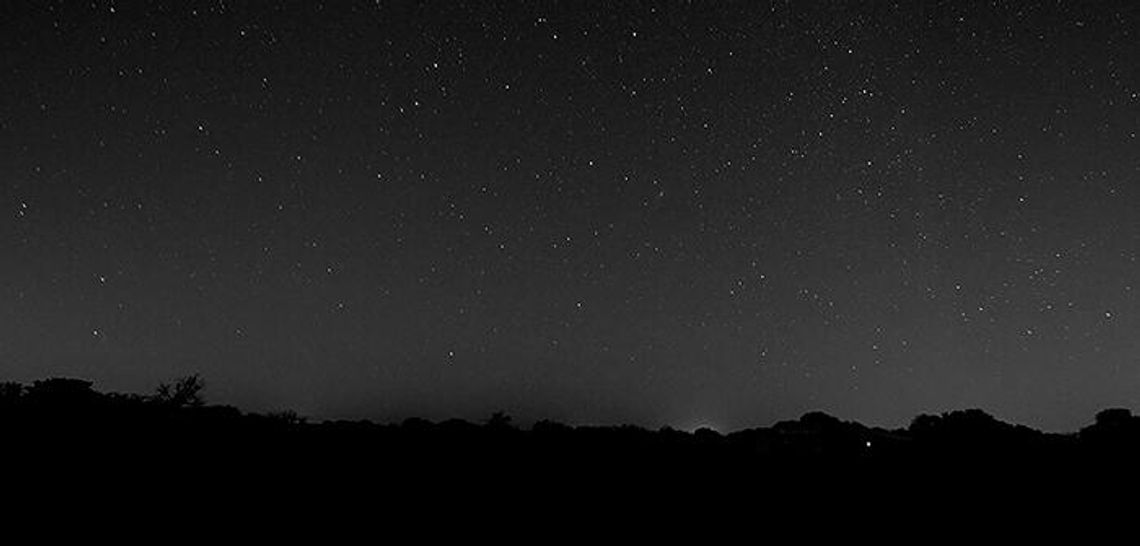International Dark Sky communities are one step closer to using Hotel Occupancy Tax (HOT) dollars for infrastructure meant to reduce light pollution.
House Bill (HB) 4158, authored by State Rep. Erin Zwiener (D-Driftwood), would give Dark Sky communities more flexibility to reinvest in tourism efforts. The bill was unanimously voted out of committee and could soon be placed on the calendar for a vote in the Texas House.
PLEASE LOG IN FOR PREMIUM CONTENT. Our website requires visitors to log in to view the best local news.
Not yet a subscriber? Subscribe today!











